How to make friends in your 50s: Five expert-backed tips to make new connections in midlife
Have you noticed that it's harder to maintain old relationships or find new ones as you get older? Be reassured, you're not alone, says Debra Waters
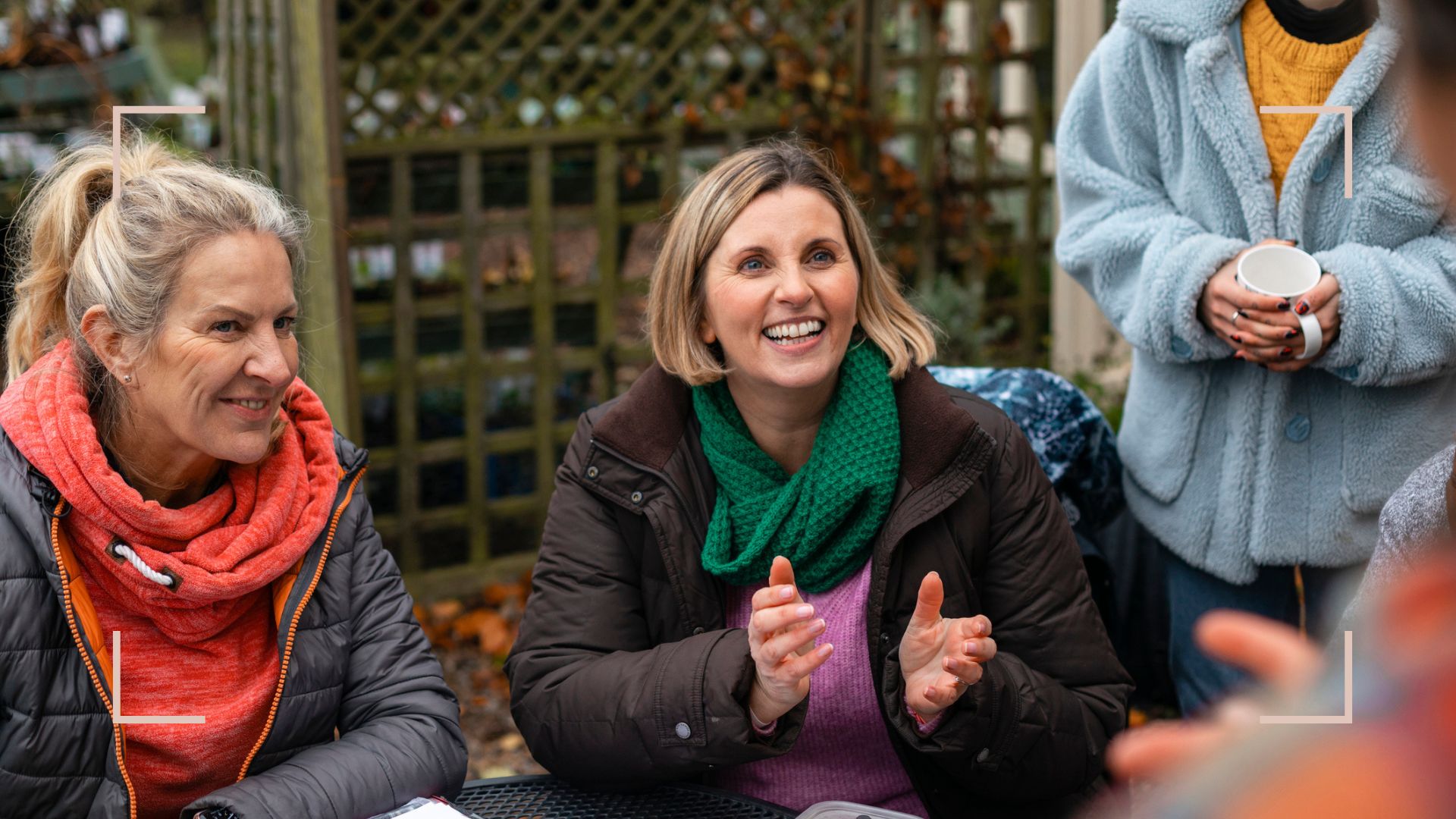

Anna Paul
Reaching half a century is a milestone – a time when we're wiser, calmer and more confident. But life may also feel at its most demanding.
This is the age of the sandwich generation when many of us are supporting elderly parents while raising kids – not to mention juggling jobs, partners, and health issues. It is, quite possibly, when we need our friends the most, but friendships are often the ball we drop and many of us are a bit hapless when it comes to knowing how to make new friends as an adult. We may be too busy to maintain long-term friendships, especially if distance is a factor, or too tired to nurture new acquaintances. Yet research shows friendships should be a priority. Feeling socially connected helps us live longer, says science journalist and author, Lydia Denworth. "Our bodies and brains are hardwired for friendship because there are evolutionary advantages to being good at making and maintaining friends," she says. "It improves cardiovascular functioning, our immune system, cognitive and mental health, our stress responses and the quality of our sleep."
So far so good, but how can we *actually* make new friends when we're feeling a bit out of practice in doing so? We spoke to experts who shared their practical tips, from taking up new hobbies to forming new connections with our neighbours.
How to make friends in your 50s: Five expert-backed tips
Found yourself in a situation where your best friend has moved away, or you're divorced or widowed, and your "couple friends" have fallen by the wayside? Perhaps your children are older and the camaraderie you had with other parents has ebbed away? Or you're working from home, retired or your health is affecting your ability to get out. "As we get older, we have fewer opportunities for ritualised socialising," says psychotherapist Charlotte Fox Weber. "Schools and offices are gathering spaces, and it can feel less awkward to socialise with people you see on a regular basis. There's a sense of belonging, and the shared system bolsters connections and togetherness."
Friendships may be formed in a less contrived way, she says, and there's a degree of accountability. "If you have tension or drift from someone, you know you'll see the person again and there are ample chances to repair." But as we enter middle age, these "gathering spaces" aren't as easy to come by. All of which means, you'll need to put yourself out there a little bit more than you might be used to...
1. Go online
Finding friends online may feel unnatural to older generations, but virtual friendships can be just as life-affirming. This is especially true for people who are isolated, housebound or have interests they can't physically access. "For those over 50, connecting with others online can be just as fulfilling, nourishing, and enjoyable as offline friendships," says Martin Lock, CEO of Silversurfers – the largest online community in the UK for over 50s. "It's never too late to find new connections, share experiences and build meaningful relationships in the digital world." Martin recommends joining reputable online communities, taking your time to let friendships grow organically, and trusting your instincts as you would if you'd met in person. And if you're looking for a little more than friendship, check out our guide to the best dating apps for over 50s.
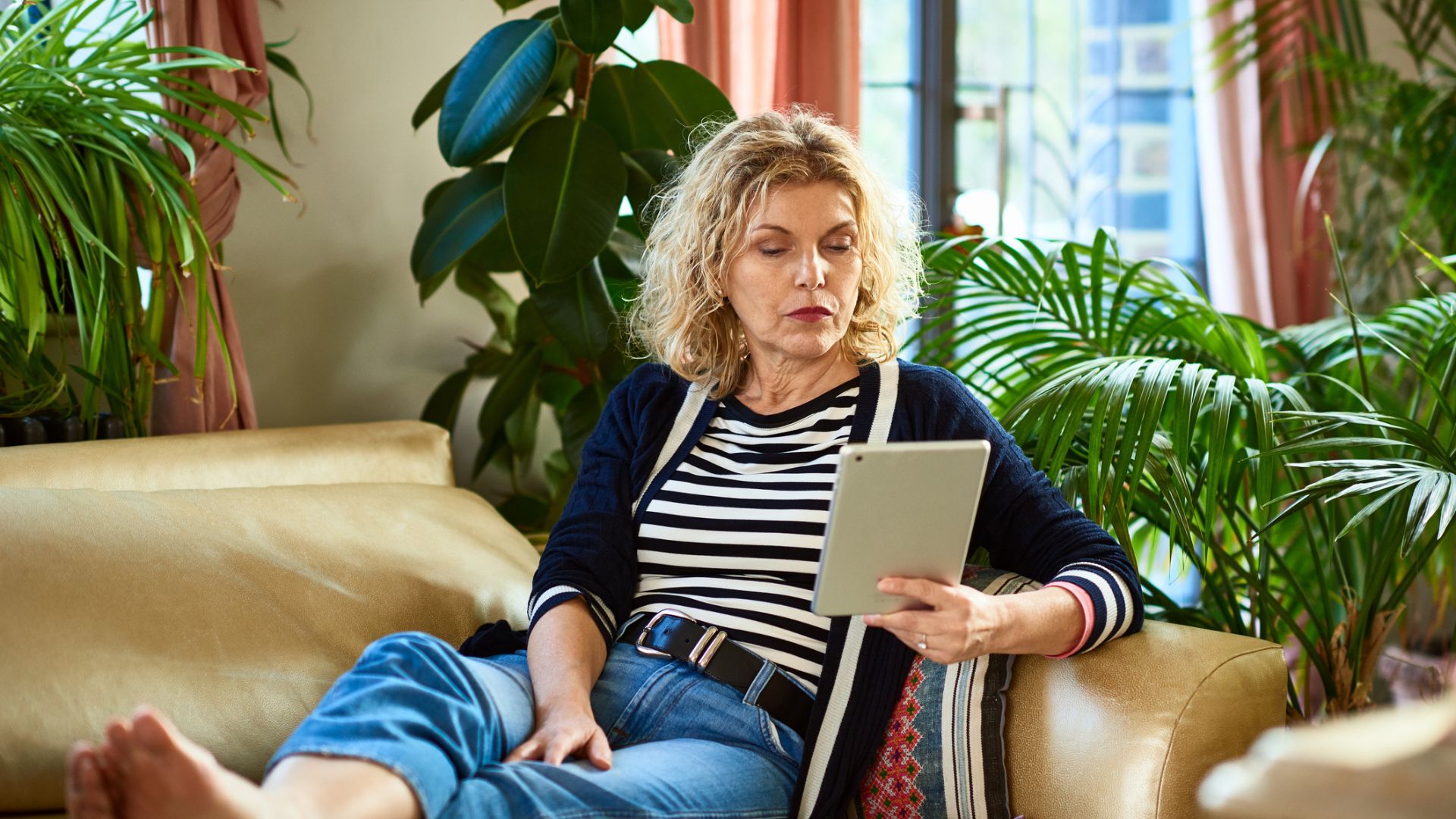
2. Embrace hobbies and activities
If there's something you've always wanted to do, put yourself out there. "It can be a great way to meet people who share your interests," says psychologist Dr Rina Bajaj. Used to enjoy swimming? Join a wild swim group. "Swimming really fast-tracks relationships," says Kate Rew. "It can free us up to be ourselves without pretence – doing something we love when we get together with new people is time well spent. Going on these swim adventures creates memories in small fractions of time, and we have experiences that leave us feeling bonded." Simply grab your best swimwear for women over 50 and find your nearest group. Or, if you prefer to exercise alone, there are so many different hobbies for women you can try out. By investing in whatever makes you feel good, you're connecting with others who feel the same.
Sign up for the woman&home newsletter
Sign up to our free daily email for the latest royal and entertainment news, interesting opinion, expert advice on styling and beauty trends, and no-nonsense guides to the health and wellness questions you want answered.
Further reading from our experts...
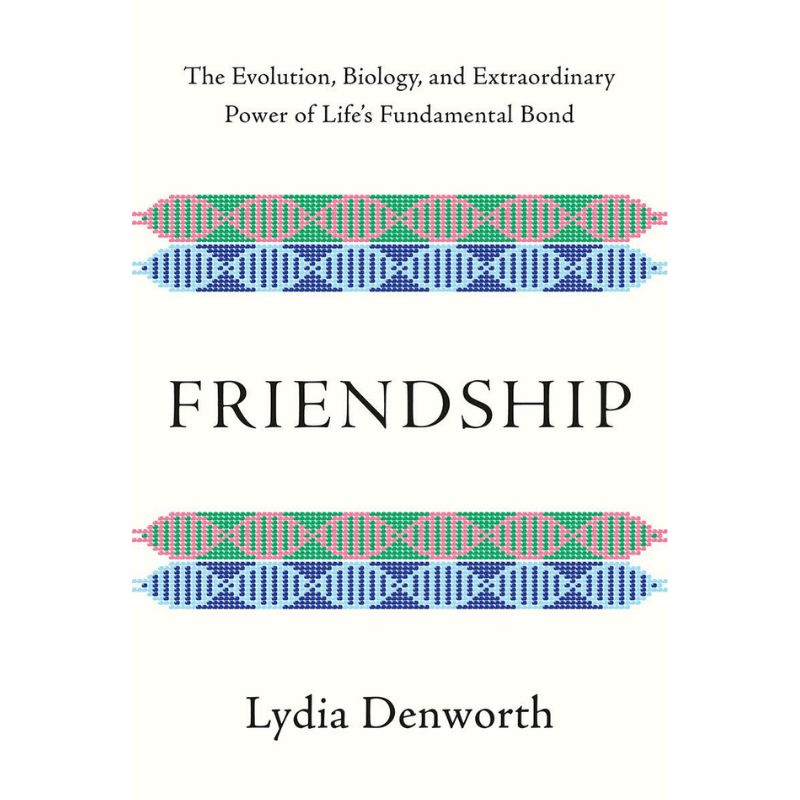
RRP: £19.73 | In Friendship, science journalist Lydia Denworth takes us in search of friendship's biological, psychological, and evolutionary foundations.
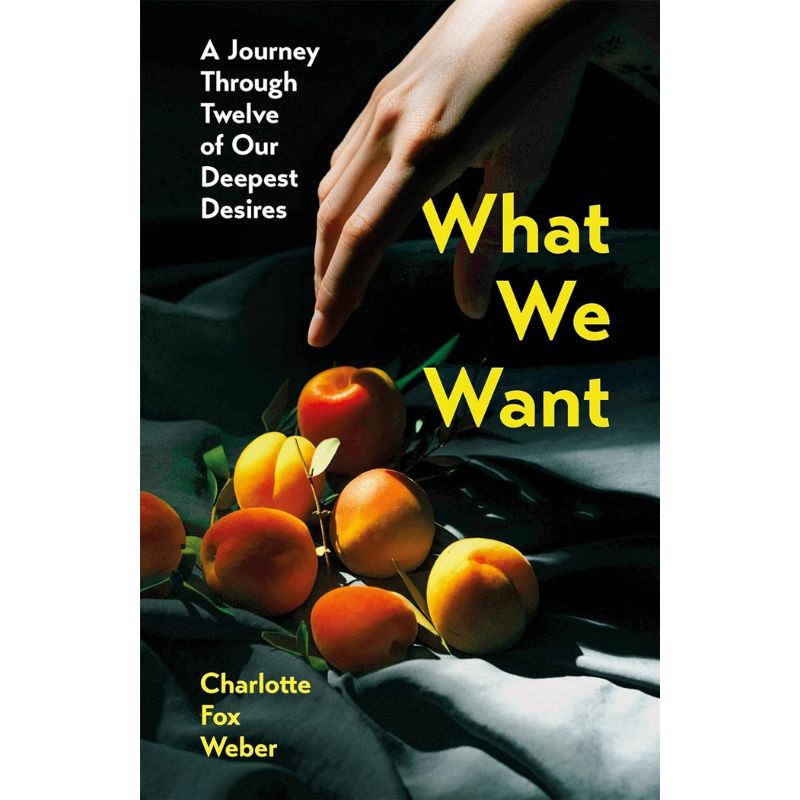
RRP: £15 | In What We Want, psychotherapist Charlotte Fox Weber takes us on a journey through twelve universal wants and desires - love, power, sex, attention, and more - bringing us behind the closed doors of her practice.
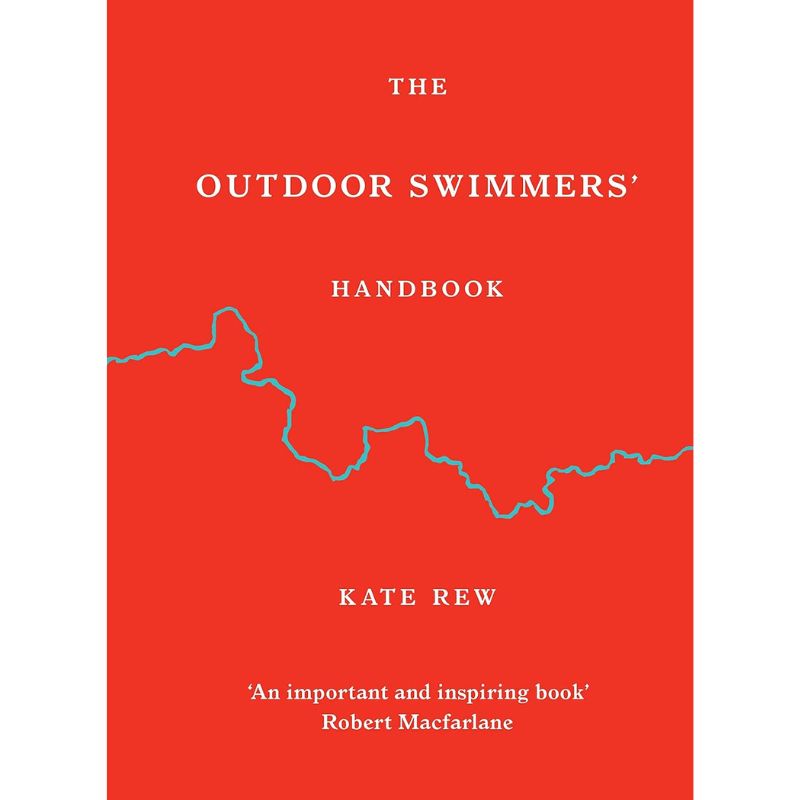
RRP: £17.97 | Kate Rew reveals everything you need to know to explore rivers, lakes, seas and estuaries. Sharing tales of her inspiring swims, Kate explores the rich and varied life of outdoor swimmers, from the physiology of cold to planning lazy hazy downstream swims.
3. Strengthen ties with neighbours
A survey by Nextdoor – a website that connects you to your neighbours – found that three in four people feel friendly with their neighbours. Having support near at hand can be invaluable, especially if you don't live near family or close ties. If you'd like to turn neighbours into friends, Dr Bajaj suggests starting with small talk. Be friendly, approachable and available – you can do this by feeding their cat or volunteering at community events. To enrich these interactions, being appreciative goes a long way.
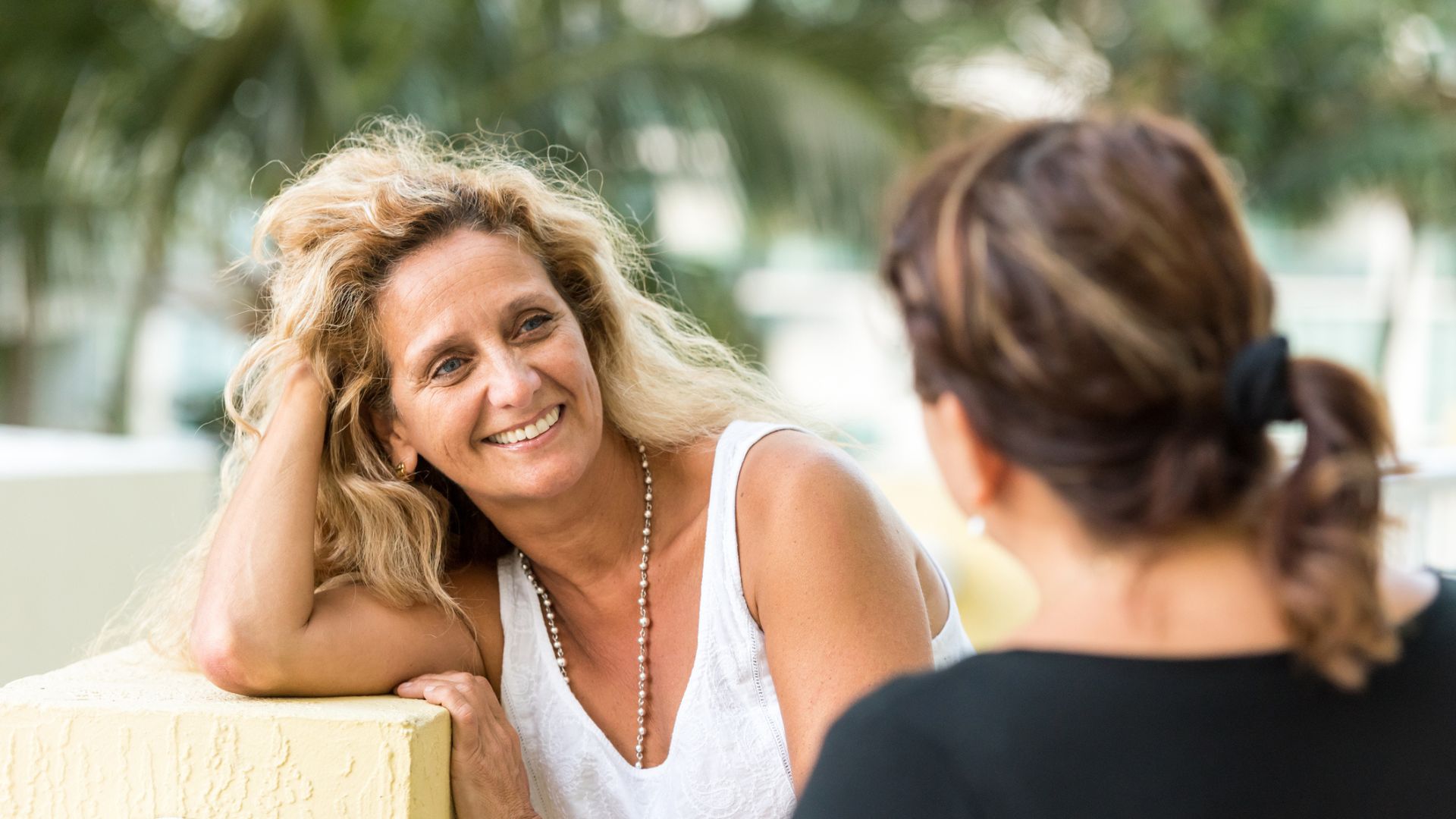
4. Look for like-minded people
Friendships are like relationships in that, ideally, you'll match with those who share your experiences, outlook, and values. This could be through sport, creative endeavours, faith, or via groups for people who've been through similar challenges. Nina Thair organises a monthly social gathering in Brighton for childless not by choice (CNBC) women (worldchildlessweek.net). "I've made a new group of friends who are childless not by choice (CNBC). I've found a group of women with a shared experience to connect with," she says. If you're feeling lonely, joining a women's circle can also help.
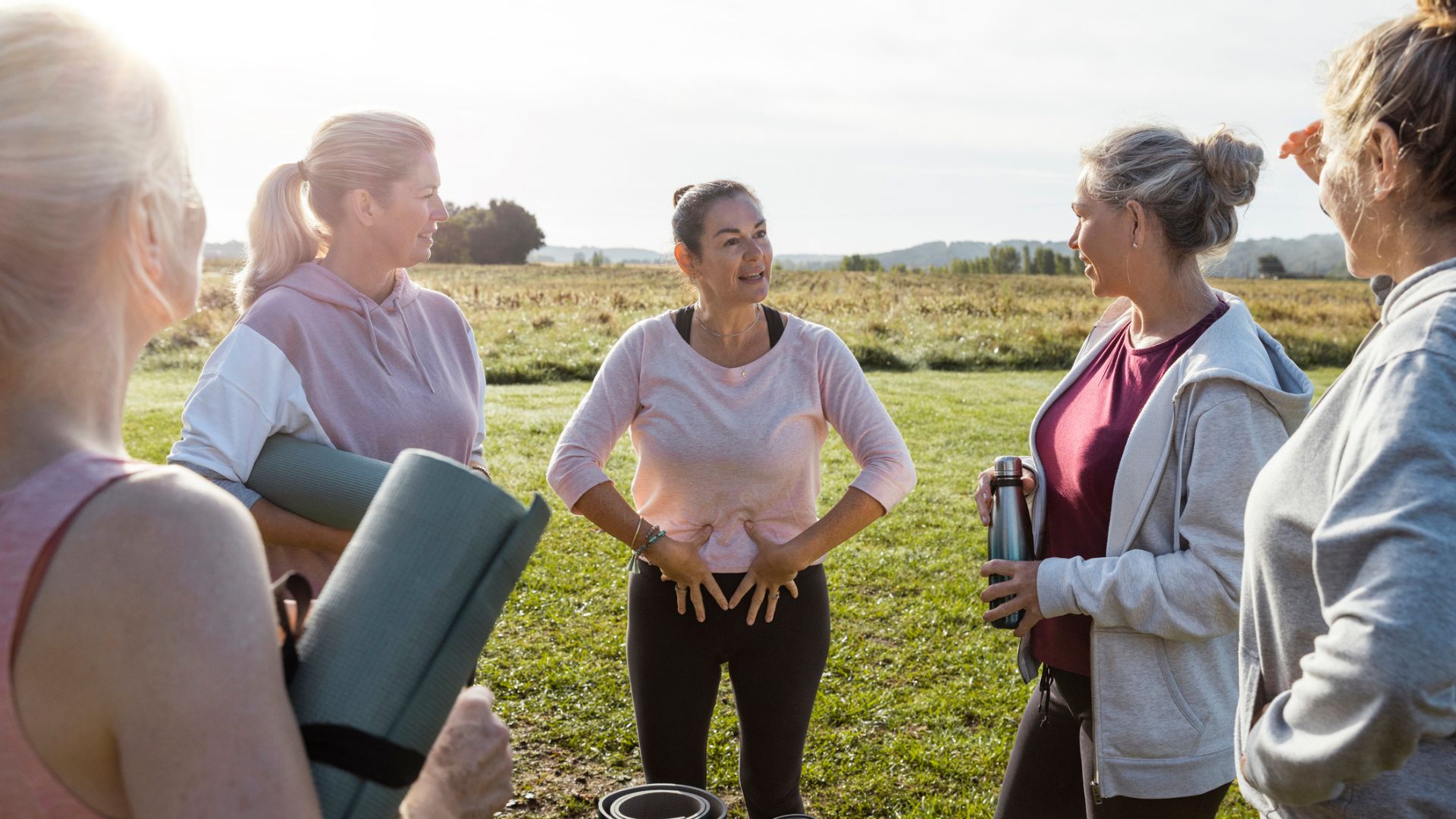
5. Reconnect with old friends
Modern life makes it easier than ever to approach people that you've drifted apart from. But if you're trying to cope with loneliness or just looking to revisit old friendships, think about dropping some old acquaintances a line. The chances are you share memories, which can act as a springboard to revitalising friendships. "Reach out to old friends and acquaintances that you may have lost touch with," says Dr Bajaj. Social media can be a great way to reconnect, she suggests. Alternatively, you could send a simple text that says, "How are you? Fancy a catch-up?" If they don't respond, try not to take it personally – the timing might not be right for them.
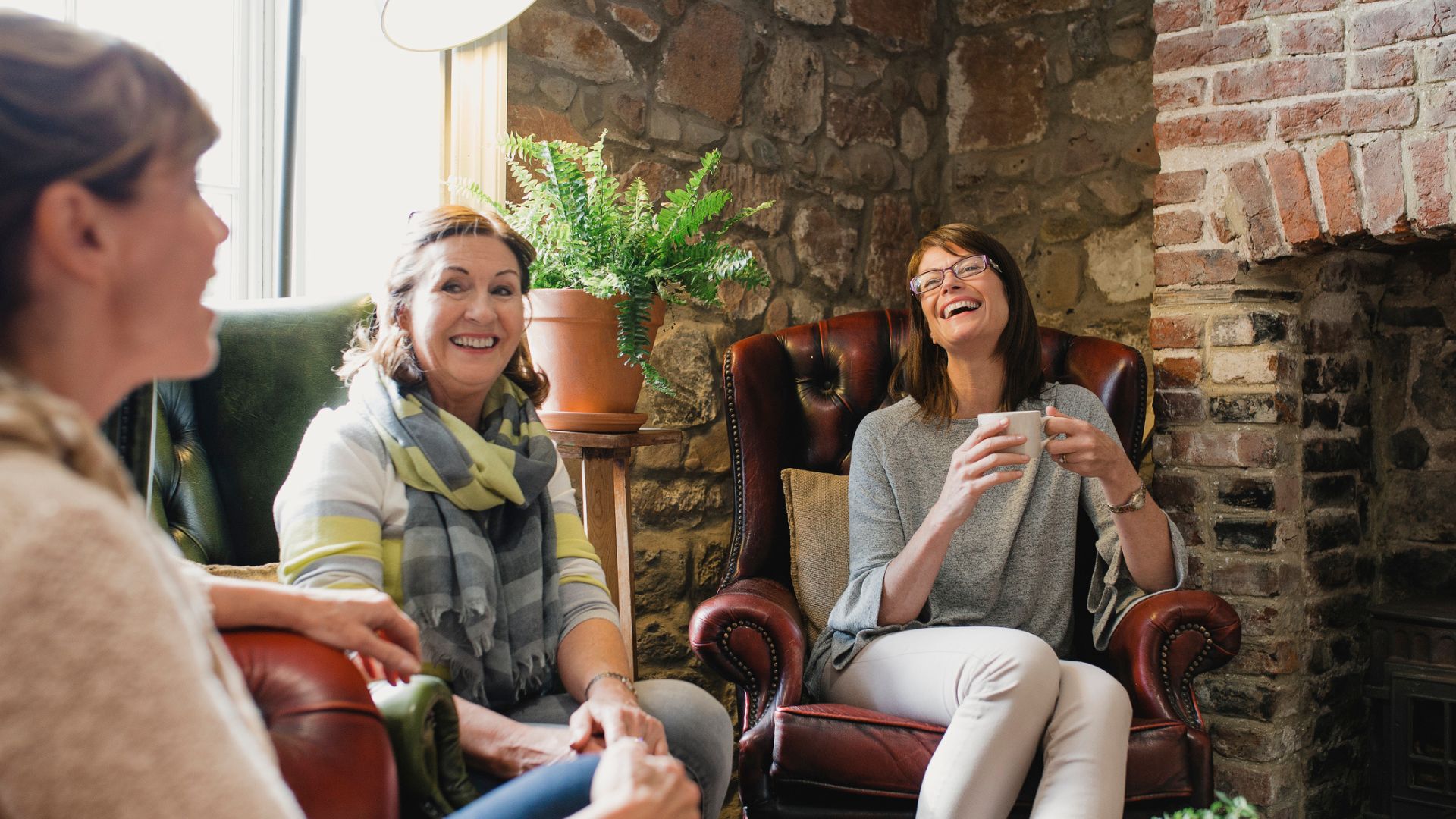
Do we lose the ability to make friends?
"It certainly feels harder – making new friends requires time and a bit of vulnerability," says Lydia. "It helps to remember that we might have to put ourselves out there and look for opportunities to connect. We need to make time for friendship, even when work and family obligations feel like they take up all our time." If you suspect you're in a more intimate relationship with the sofa than fellow humans, new friendships could be just the boost you need. "No matter how many old friends you have, fresh relationships are revitalising and interesting, and add zest to life," says Charlotte. "There's a sense of possibility and discovery when you form new connections – a kind of exhilarating freedom. You can see yourself and the world in a more generous light." Ultimately, friendships in our 50s require what friendships need at every stage of life – time and attention.
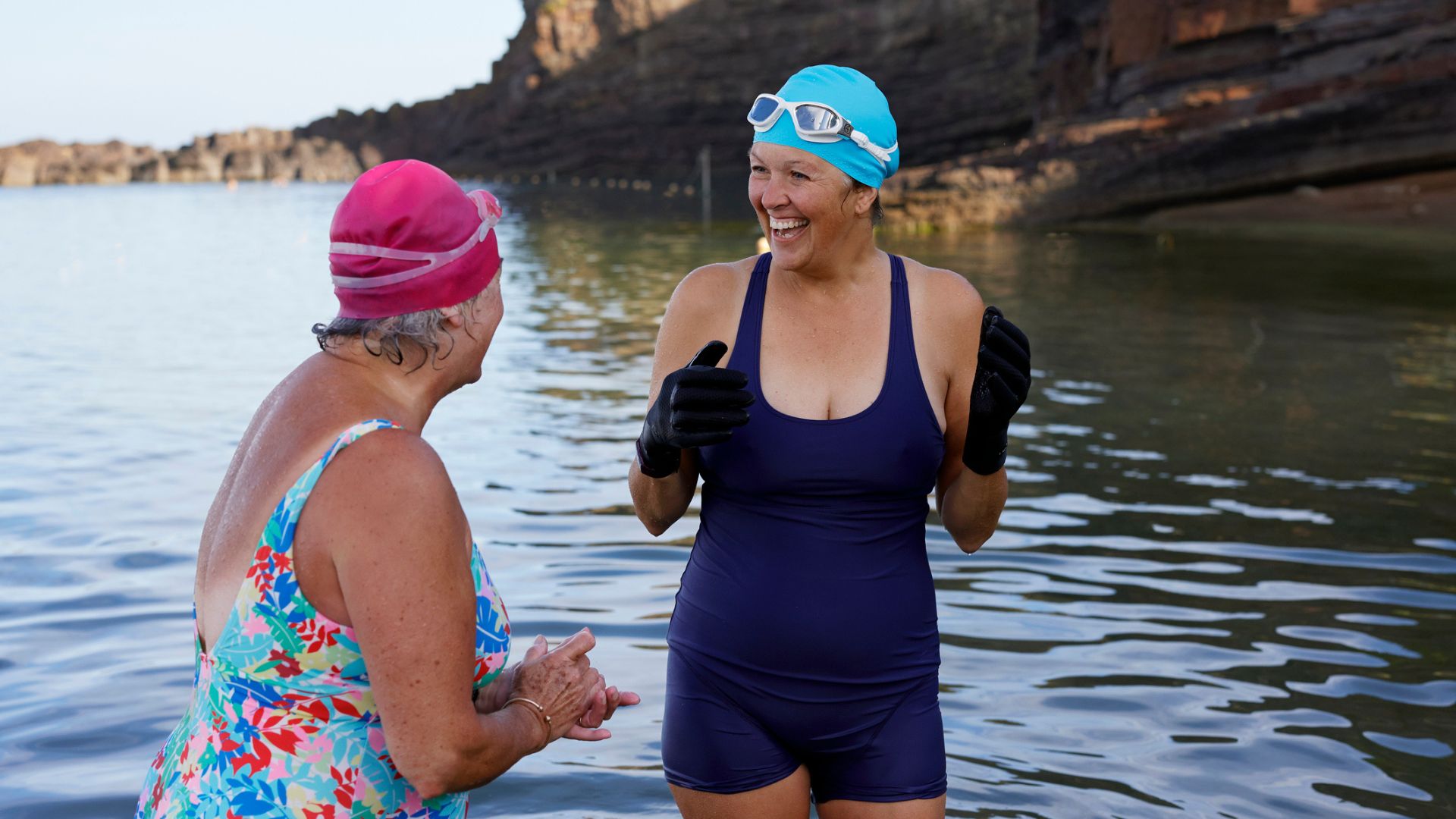
Anthropologist Professor Robin Dunbar found it takes 34 hours of focused interaction, lasting about three hours each meeting, over six months, for an acquaintance to become a friend. According to a University of Kansas study, to regard that person as a close friend, expect to spend 200 hours together. Accept that you will need to make an effort to renew old friendships, or to cultivate burgeoning relationships via hobbies or through shared experiences. "Forming a friendship requires a bit of courage, but it's a worthwhile risk," says Charlotte. Allow for give and take, and aim for equality. "Not everything has to be matched, but a shared sense of equality helps keep a friendship respectful and fair." Crucially, be generous – although there's no need to deplete yourself and resent it later, she adds. "Making an effort is a gesture that goes a long way."
Ultimately, the best way to make new friends is to lean into your interests. Whether that's learning how to start weightlifting at 50, starting to run in your 50s or trying out some of the best hobbies for relaxing. Often, through joining classes and groups you'll find that new connections naturally form and you have a strong foundation - shared interests - in common.
Debra Waters is an experienced online editor and lifestyle writer with a focus on health, wellbeing, beauty, food and parenting. Currently, she writes for the websites and Woman&Home and GoodtoKnow, as well as the Woman, Woman’s Own and Woman’s Weekly magazines.
Previously, Debra was digital food editor at delicious magazine and MSN. She’s written for M&S Food, Great British Chefs, loveFOOD, What to Expect, Everyday Health and Time Out, and has had articles published in The Telegraph and The Big Issue.
- Anna PaulFreelance editor and writer
-
 Jennifer Aniston loves these leg-lengthening jeans - when styled with wedge espadrilles and a white shirt it's a timeless look
Jennifer Aniston loves these leg-lengthening jeans - when styled with wedge espadrilles and a white shirt it's a timeless lookHer skinny flares from 2016 look just as fresh now - and they're making me rethink my beloved baggy barrel leg jeans
By Caroline Parr
-
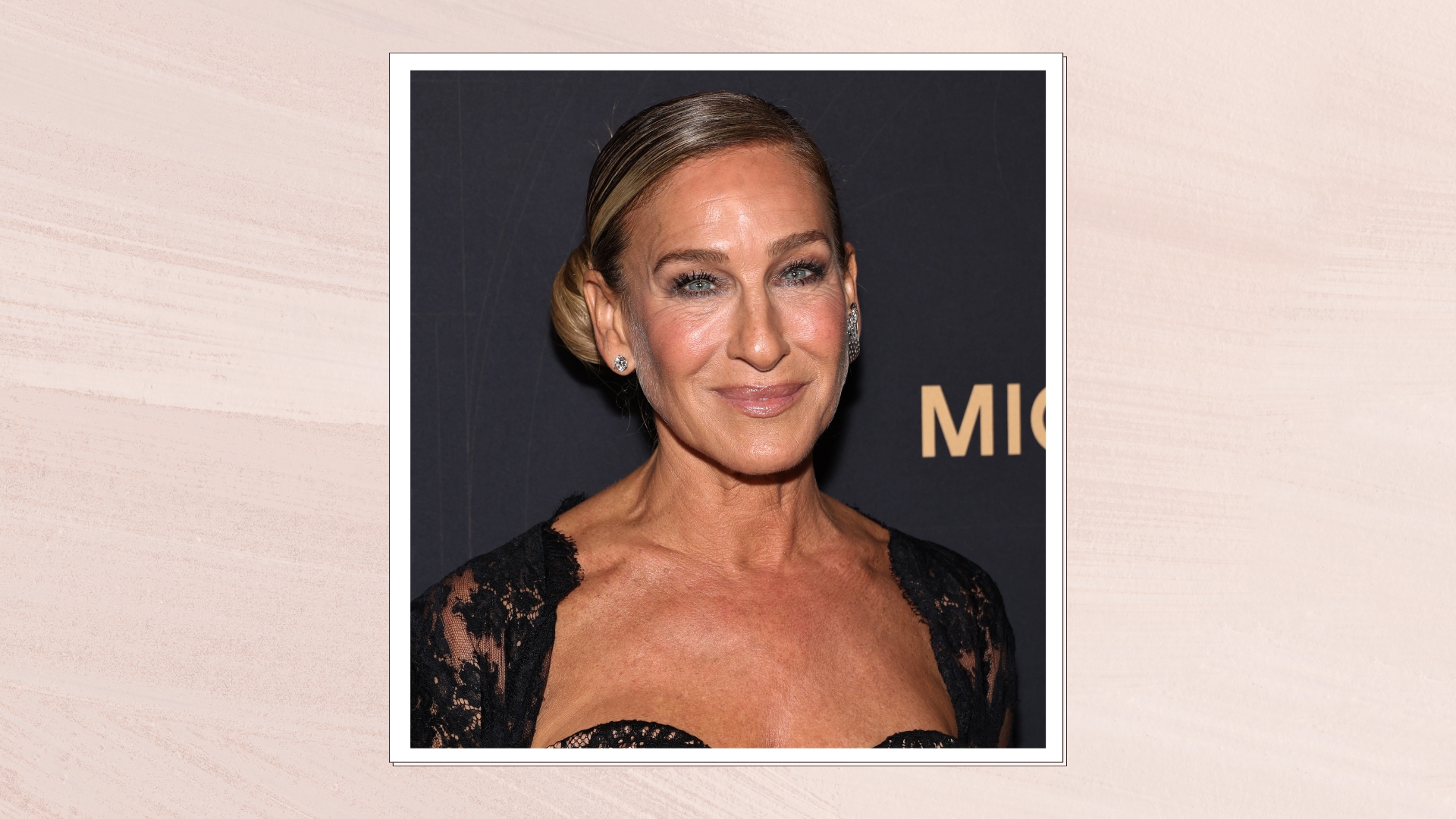 Sarah Jessica Parker just rejected milky pastels in favour of this rebellious shade - and it's incredibly chic
Sarah Jessica Parker just rejected milky pastels in favour of this rebellious shade - and it's incredibly chicLiquorice nails for spring? Groundbreaking
By Naomi Jamieson